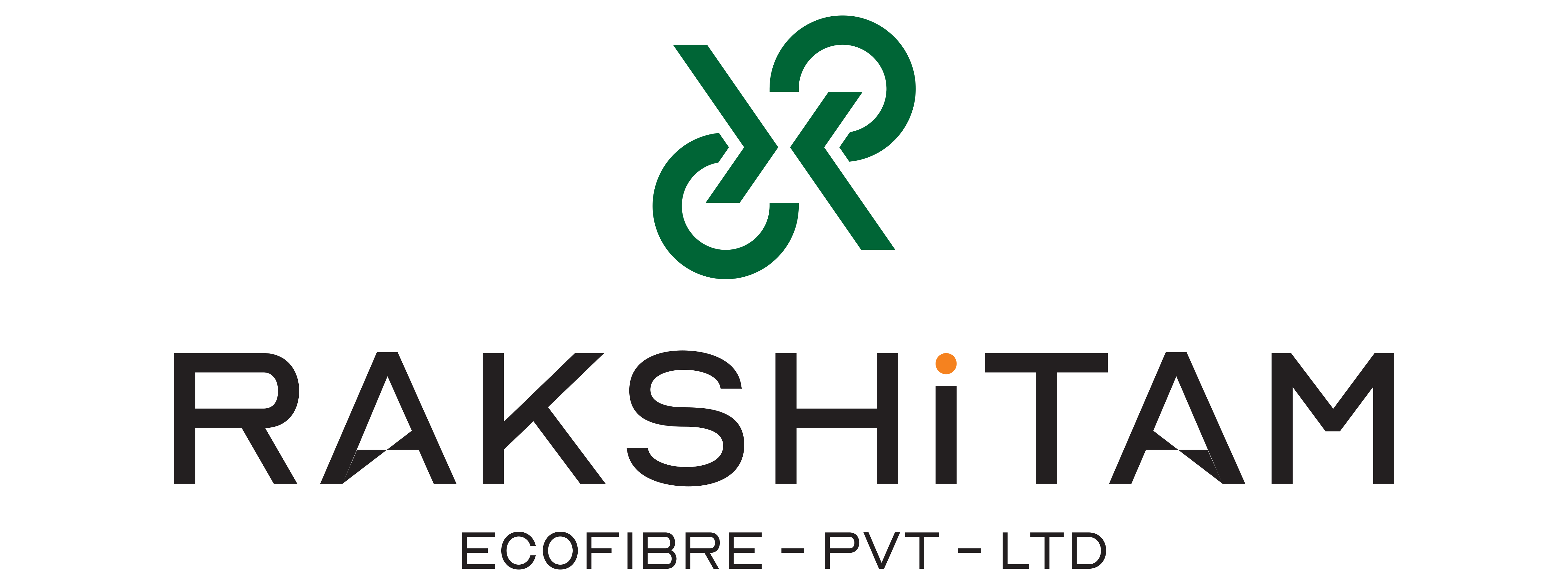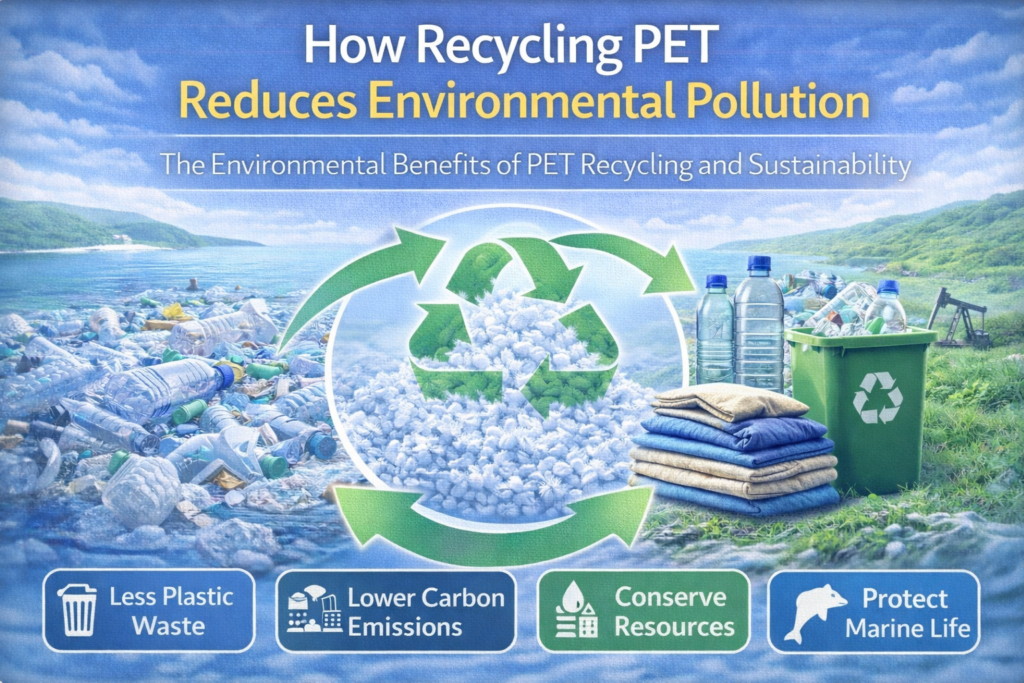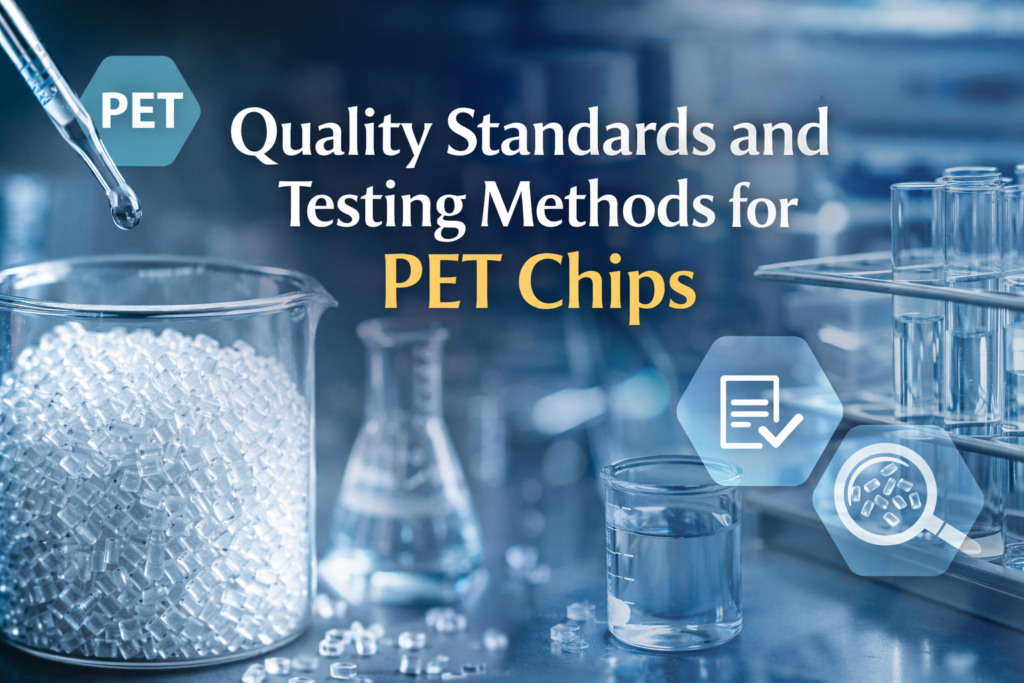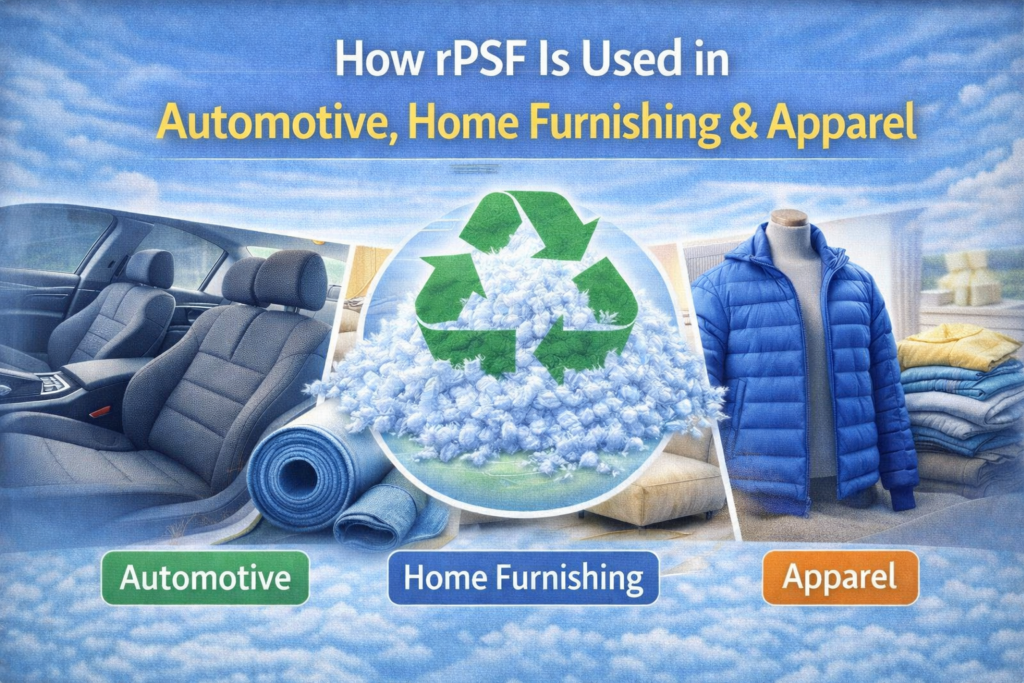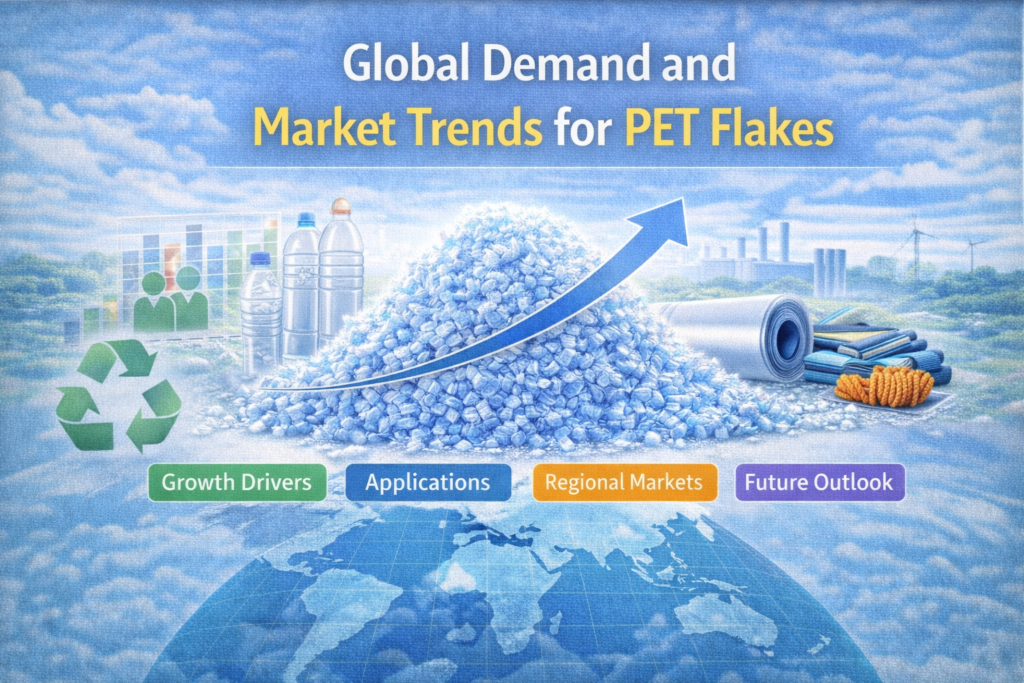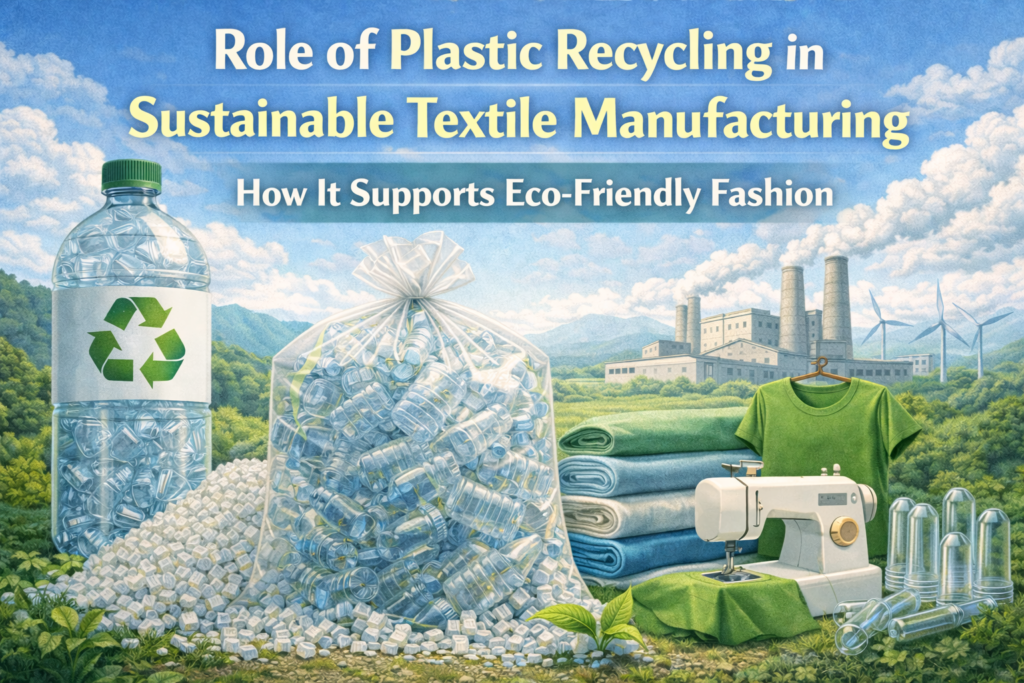Along with transformation in the packaging and food industries sustainability issues, security and performance equally transform food-grade resins. Increased consumer awareness, government regulations and newer polymer technologies will all contribute to a projected rise in B2B food grade resins market by 2025. There is an industrial demand for food-processing, bottling and packaging compliant, sustainable and high-performance resin solutions.
This blog explores the most important innovations and trends which impact the B2B food grade resin market evolution in 2025 and beyond.
What Are Food-Grade Resins?
Food-grade polymers are plastics resins that are permitted by regulatory bodies such as the FDA, EFSA, and BIS for direct or indirect contact with food. Some food-safe resin polymers include:
- PET (Polythylene Terephthalate)
- HDPE (High-Density Polyethylene)
- PP (Polypropylene)
- LDPE (Low-Density Polyethylene)
These substances are often used to make containers, bottles, films, trays, and closures.
Important Factors Influencing the B2B Food-Grade Resin Industry
1.Sustainability as a Strategic Must
Sustainable resins are expected to be prioritized by B2B buyers by 2025, and a shift towards rPET and bio-PE is anticipated as well. Additional pathways towards sustainability, CO2 footprint reductions, and achieving ESG goals are becoming accessible for corporations now.
Modified blends and multi-layer structures not only help maintain product freshness but also aid in recyclability and sustainability.
Trend Insight: Leading companies in resin manufacturing can now sell food-grade recycled resins that are FDA/EFSA approved, thus closing the loop for plastic packaging.
2. Enhanced Moisture Barrier Properties for Shelf-life Extension
Resins with high moisture and oxygen barrier capabilities are increasing in demand within the ready-to-eat and frozen food markets. While modified blends and multi-layer structures help maintain freshness, they also aid recyclability.
3. Digitization of Supply Chains
The move from resin buyers to digital procurement is evident from sourcing to compliance documents. In 2025, crucial forward-thinking features like real-time inventory, digital traceability, and electronic SDS will position resin manufacturers competitively.
Key Innovations to Anticipate in 2025
1. Active and Intelligent Packaging: Smart Resins
Food-grade slims are undergoing next-gen engineering by incorporating antimicrobial functions, temperature indicators and gas scavengers, which enhance food safety and traceability.
2. Integration of Chemical Recycling
Through the application of new chemical recycling technologies, it is now possible to upcycle post consumer plastic into food-grade resins of virgin quality. This development is essential to bridging the gap between recyclability and food safety.
3. Meeting Specific B2B Requirements
High clarity PET tailored for beverages or microwave PP for ready meals are examples of custom tailored resins that are quickly becoming the norm. These B2B clients are increasingly demanding technical collaboration and product development assistance.
Regulatory Compliance & Certifications
Starting in 2025, compliance becomes mandatory. B2B customers are paying attention to:
- FDA, EFSA, and BIS approvals
- GRS (Global Recycled Standard) certifications
- ISO 22000 / HACCP manufacturing standards
It is now standard practice to expect resins that are transparent, traceable, and certified by third-party watchdogs.
Critical Items For Purchasing B2B
In 2025, if you are sourcing food-grade resins, key requirements are:
- Safety of material, and compliance with regulations
- Ability to withstand heat, pressure, and shelf conditions
- Sustainability claims
- Reliability of Supplier and integration of systems
A manufacturer with a proactive attitude will guarantee safety, integrity of the brand, and readiness for the future.
Also Read: Top Recycled Fibre Manufacturers in India: Greener Textile Solutions
Concluding Remarks
The business landscape for food-grade resins in 2025 is likely to be multifaceted. Offering new ways of sourcing and using plastic resins, innovation is transforming the entire business supply chain with regards to food-grade applications. Companies seeking to lead the market need to focus on innovation, sustainability, and compliant-customization focused collaboration with their manufacturers.
